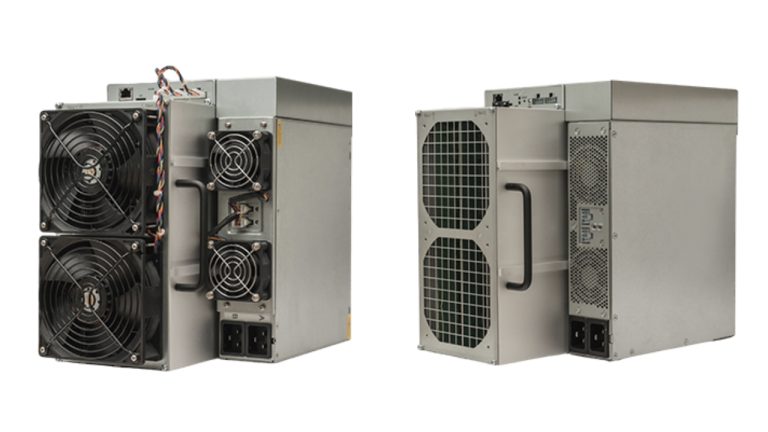
According to a press release published July 25, 2023, Auradine, a new competitor in the blockchain infrastructure sector, is entering the application-specific integrated circuit (ASIC) bitcoin mining industry with a line of bitcoin mining rigs known as the Teraflux series. Auradine’s new machines boast hashrates between 185 terahash per second (TH/s) and 270 TH/s.
Auradine Introduces Teraflux Bitcoin Miners
Auradine, a firm launched in 2022, recently emerged from stealth mode, revealing it raised $81 million in a Series A funding round in mid-May 2023. Celesta Capital and Mayfield led the funding round, with other participants including Marathon Digital Holdings, Cota Capital, DCVC and Stanford University. On Tuesday, the company announced a new line of miners, the Teraflux line, which are application-specific integrated circuit mining rigs designed and manufactured in the United States.
Additionally, Auradine’s announcement on Monday revealed that the machines use a 4-nanometer semiconductor and proprietary mining technology called Energytune. According to the company’s press release, Energytune technology allows miners to “dynamically adjust the energy consumption and bitcoin hashrate based on demand response needs of the electrical grids.” Fred Thiel, CEO of Marathon, detailed that Teraflux improves demand response “at a fleet level that is critical to our mining operations.”
Auradine’s 4-nanometer-powered ASIC rigs will compete with the top three dominant ASIC mining device manufacturers: Bitmain, Microbt, and Canaan. It was recently discovered that Microbt’s Whatsminer M56S++ uses Samsung’s 3-nanometer Gate-All-Around semiconductors. The M56S++ reportedly produces 230 to 254 TH/s, and the Whatsminer M53S++ can reportedly produce up to 320 TH/s. According to machine specifications, Bitmain’s S19 XP Hyd can produce up to 257 terahash per second.
According to Auradine’s website, it offers three unique mining rigs that provide between 185 TH/s and 270 TH/s. The air-cooled miner produces 185 TH/s and approximately 22 joules per terahash. The single-phase immersion miner can produce up to 250 TH/s with 21 joules per terahash. The dual-phase immersion Teraflux bitcoin miner produces 270 TH/s and 21 joules per terahash. However, the dual-phase immersion shown is simply a sketch of the product.
The announcement from Auradine on Tuesday noted that the systems will ship to early-access customers in the third quarter, with production volumes starting in the fourth quarter of 2023.
What do you think about the new line of U.S.-made bitcoin mining machines created by Auradine? Share your thoughts and opinions about this subject in the comments section below.








